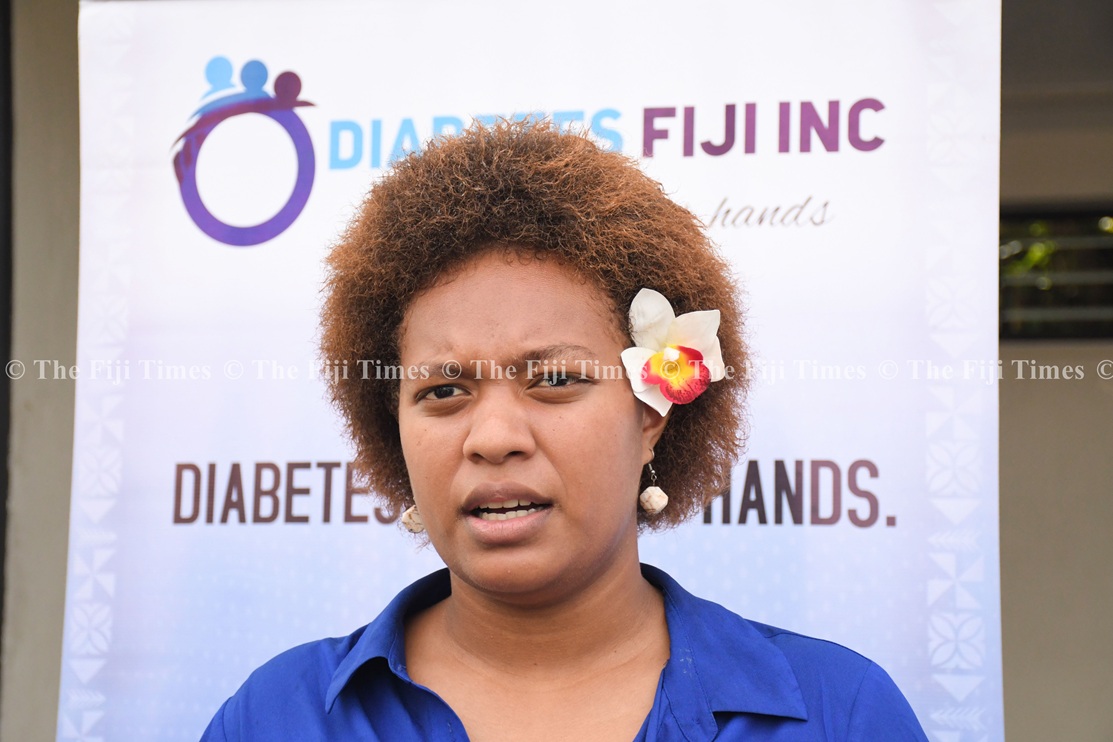A six-year-old is Fiji’s youngest amputee because of diabetes.
This, according to Diabetes Fiji advocate Timaima Niumataiwalu, who also revealed that a four-year-old is the country’s youngest diabetes patient.
Young children are increasingly becoming affected by diabetes, previously thought to be a disease common among adults.
Unhealthy lifestyle choices is believed to be the cause of this growing ill among the young.
“If you look at the trend, diabetes in children is increasing,” Ms Naiumataiwalu said, adding it was important for people to seriously think about healthy eating.
“I would like to advise pregnant mothers, parents and guardians of young children to please take care of your health.
“Eat healthy foods and stop consuming unhealthy products, like snacks.”
Ms Naiumataiwalu said most young patients of diabetes were living in denial.
“They are not coming out and taking their medication and not going to their clinics. So, we’re encouraging them to come forward, attend their clinics, take their medication on time and look after their lifestyle.
Yesterday, Diabetes Fiji conducted their Young Diabetes Fiji camp at Suva’s St Anne’s Primary School.
Chief executive Marawa Kini said the special camp brought together 22 confirmed young participants from the Young Diabetes Fiji program, out of 60 registered in the Central Division.
He said the initiative coincided with the school holidays, providing an ideal time for learning, empowerment and community connection.
“The objectives of the Young Diabetes Camp is to educate and empower children and adolescents living with diabetes through fun, interactive sessions,” Mr Kini said.
“The aim is to provide hands-on knowledge of self-care, nutrition, physical activity and mental wellbeing;
“To build peer support networks for young people navigating life with diabetes and to engage parents and carers in awareness and capacity-building activities, reinforcing the importance of home-based support.”



